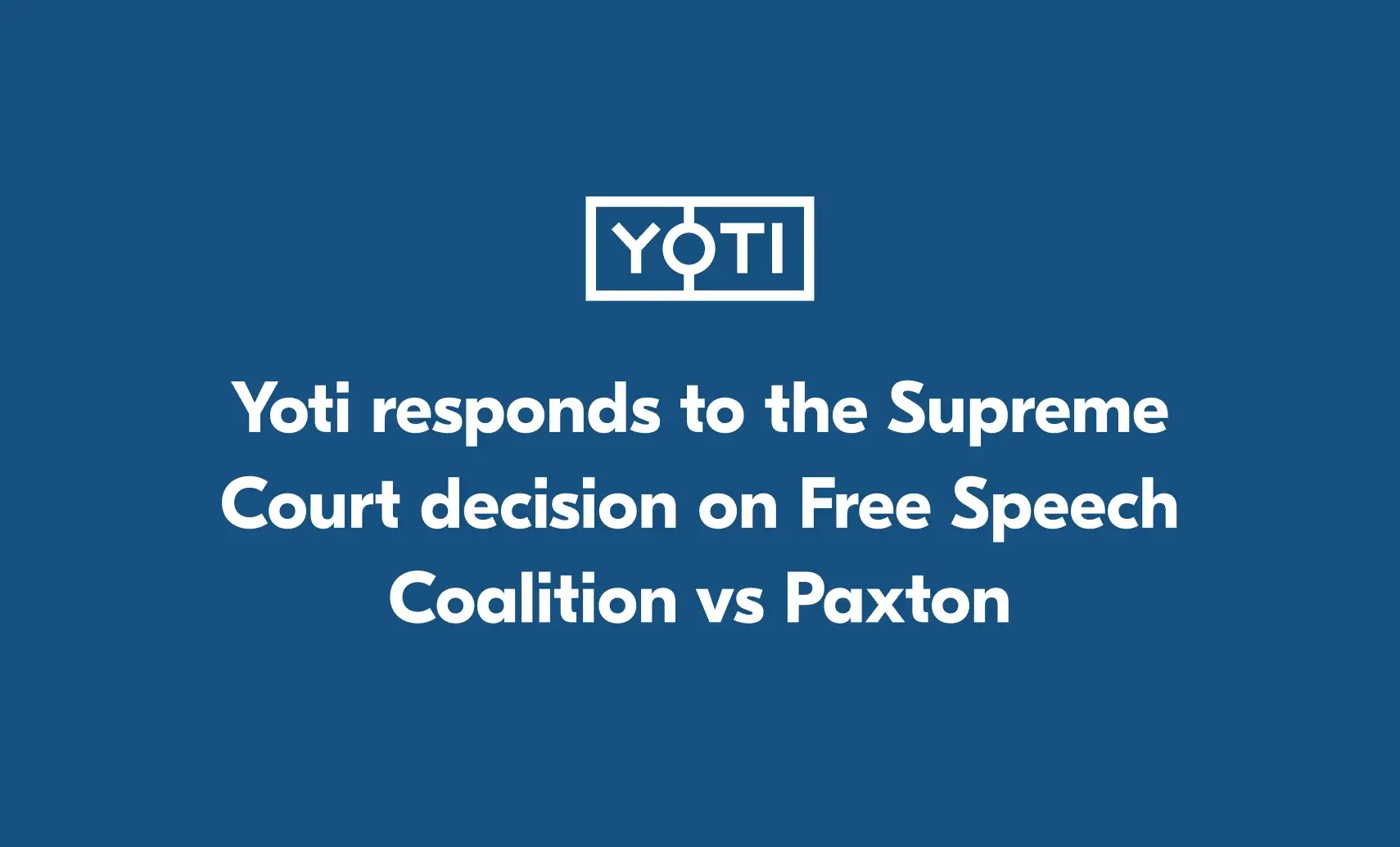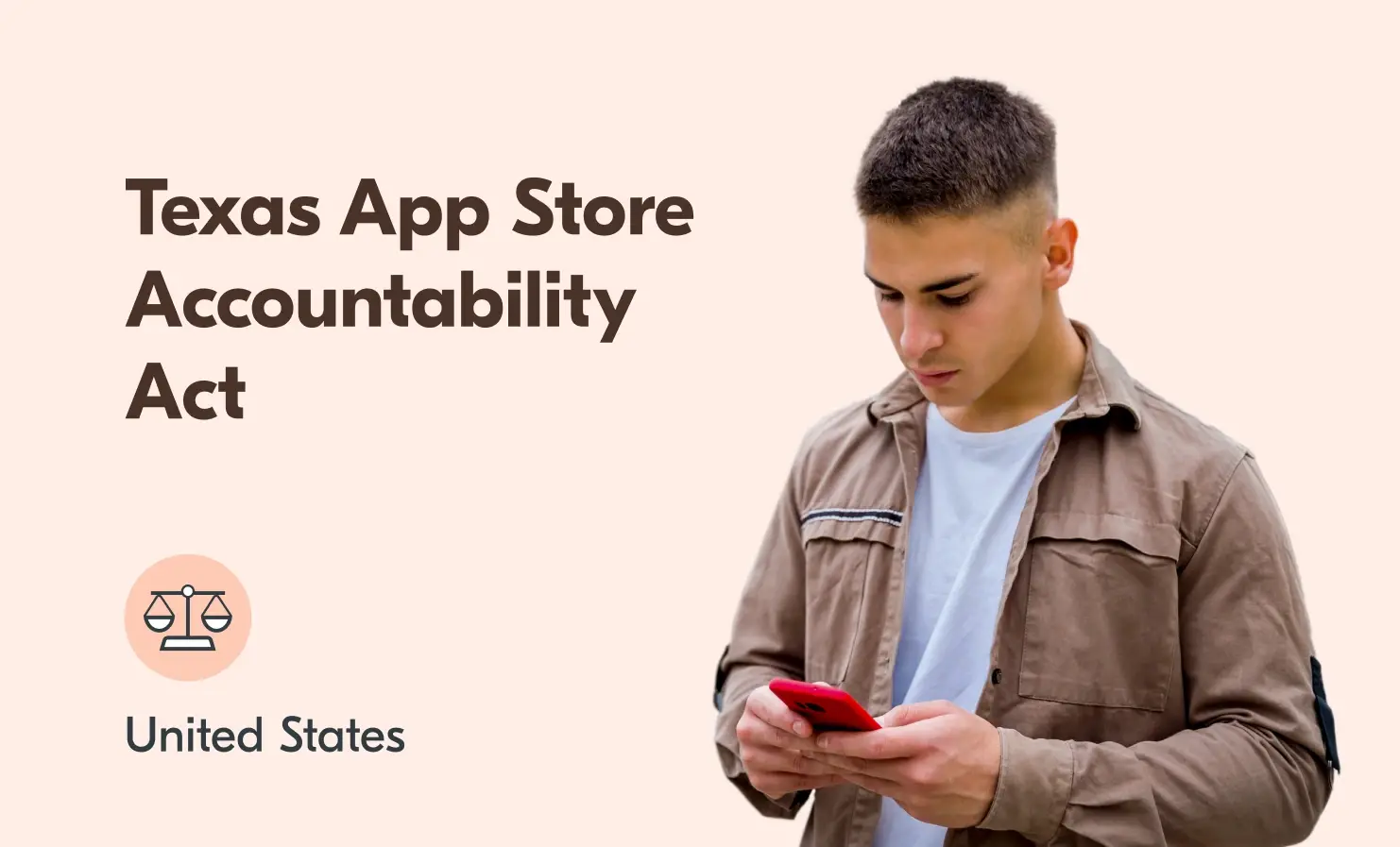Thoughts from our CEO
The BritCard debate heats up as digital ID adoption grows Just a few months after the UK Government introduced a voluntary digital ID wallet, some influential voices within Labour are already pushing to make it mandatory. They’ve also suggested rebranding it as the ‘BritCard app’ or ‘BritCard digital ID wallet’. In the 2 years between late 2025 and late 2027, I believe many (potentially a majority) of the UK’s 57 million adults will get a UK Government digital ID wallet. From late 2025, users will be able to access their mobile driving licence details. By the end of
The Supreme Court rules in favour of age verification
The question of whether states can require age checks on adult websites has reached a turning point in the US courts. In Free Speech Coalition v. Paxton, the case challenged Texas’s H.B. 1181 law, which required commercial websites that publish sexually explicit content to verify the ages of their visitors to prevent minors from accessing pornography. One of the big discussion points has been whether, in 2025, it is still too burdensome for US adults to prove age privately compared to 20 years ago – especially when privacy-preserving age verification tools have advanced significantly. The Supreme Court has upheld
Understanding the UK’s new Data Act
The Data (Use and Access) Act, now known more simply as the “Data Act”, is a landmark piece of UK legislation that aims to reshape how individuals and businesses interact with digital data. It introduces provisions for a national digital identity trust framework, helping to foster trust in digital identities by ensuring that businesses adhere to strict standards during digital transactions. This blog gives an overview of the Data Act and what this means for digital identities in the UK. Why has the Government introduced the Data Act? The Government has said that the Act will “unlock the
"We need an army of Elliots" - why it’s bonkers we’re not using facial age estimation to sell alcohol
Let’s just get this out there: humans are not great at guessing ages. Don’t just take our word for it. Studies have proven this to be the case. Most of us reckon we can largely say if someone is under 25 using the Challenge 25 technique but when put to the test, the truth comes out: retailers do let some under 18s buy alcohol. Not always and not everyone, but some people are incorrectly estimated to be older than they really are. Let’s be honest, this is not ideal. Now, to be fair, not all humans are created equal.
Texas App Store Accountability Act: what it means for age assurance worldwide
The State of Texas has passed a landmark law – the App Store Accountability Act – that places legal responsibility for age checking squarely on app store operators. Utah was the first state to enact this type of legislation, now followed by Texas. This new regulatory shift has far-reaching implications for digital safety, privacy and innovation around the world. As an age assurance provider, we believe it’s critical to explain the significance of this development, highlight the practical challenges it raises, and offer a path forward that protects both users and platforms. One of the main weaknesses of this
Yoti responds to the Draft Statement of Strategic Priorities for online safety
Last week, the Department of Science, Innovation and Technology, published the final draft Strategic Priorities for online safety. We welcome the statement, which highlights the five areas the government believes should be prioritised for creating a safer online environment. These areas are: safety by design, transparency and accountability, agile regulation, inclusivity and resilience, and technology and innovation. These priorities will guide Ofcom as it enforces the Online Safety Act, ensuring platforms stay accountable and users are protected. We welcome this clear direction and commitment from the government to create safer online spaces. It’s positive that age assurance has been






